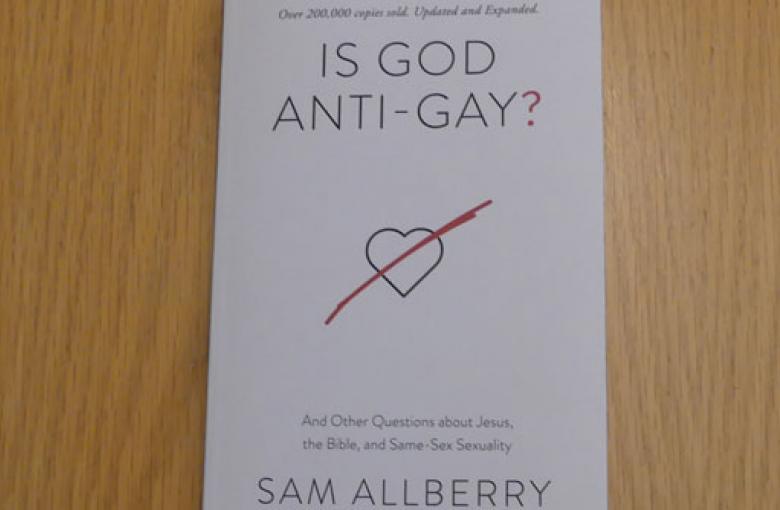At a recent staff away day, we considered the unique place of TFT’s ministry within the church in the UK and Ireland. TFT is long established, having been founded in 1977, and provides one of the largest support networks for Christians experiencing same-sex attraction and/or gender incongruence we are aware of anywhere in the world. Attached to this, we also have a speaking and teaching ministry that works closely with churches, networks and Bible colleges to deliver events that are closely tailored to their individual needs. No two events are the same.
An article that looks in particular at understanding biblical teaching
If you’re like me, when "Is God Anti-Gay?" by Sam Allberry was first published in 2013, you found it a helpful and informative read. I was surprised when an updated version was recently released. But what are the differences in the two editions?
When I originally planned an edition of Ascend on the theme of outreach, I sounded out a few TFT members who live around Brighton based on the thought, “I’m sure Christians living in Brighton have got some good tips on how to reach out to LGBT people”. What I discovered was how disheartened they were about the prospect of outreach in an area that has an established history of hostility to Bible-believing Christianity.
When looking at this question, “is the Bible positive about singleness?”, it’s easy for us to jump straight to the Apostle Paul’s verdict, “I wish that all men were [unmarried] as I am”– 1 Cor 7:7. But how do we reconcile this with the consistent emphasis on marriage and filling the land throughout the Old Testament? This seems to be one of God’s priorities from the start, beginning with God’s command to Adam and Eve to “be fruitful and multiply” – Gen 1:28.
Marriage reflects the gospel by representing Christ’s love for the church. This is a glorious truth I have heard proclaimed at countless weddings and whenever marriage is spoken of from the pulpit or in Bible study. Yet on the other hand, when singleness is brought up, the only positive thing you hear about it is that those who are single can be undivided in their service to God.
God’s Beautiful Story is a suite of free online resources to help evangelical church leaders engage with the Bible and enable their congregations to have good conversations about human sexuality and the implications of changes in understanding or practice in their church grouping.






